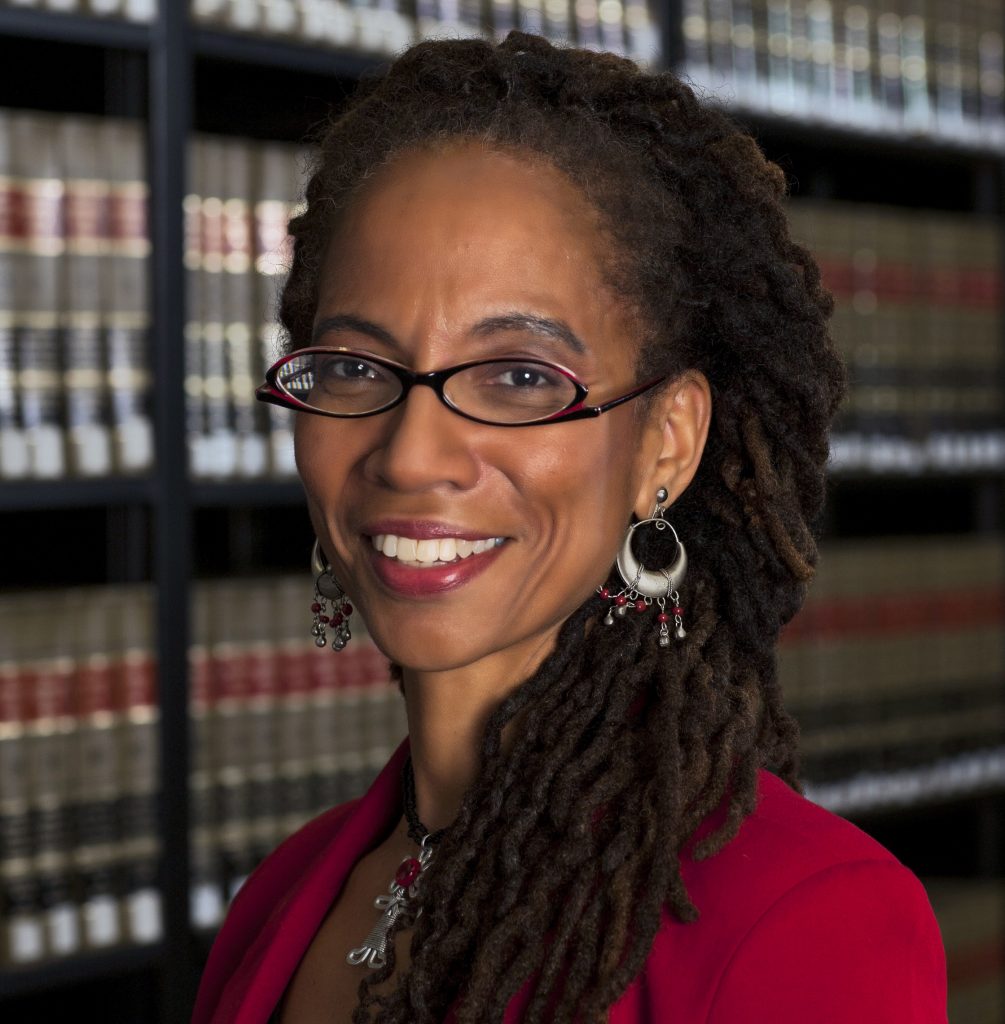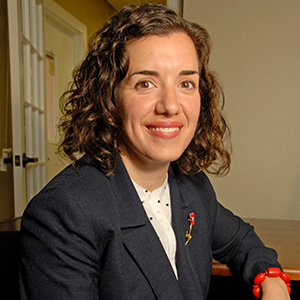Professors turn pandemic into learning opportunity for students
Clinical and Experiential Education is a key component of the Stetson Law experience, one that College of Law officials feared might be impacted by the COVID-19 pandemic. Faculty and staff, expecting that many of Stetson’s community and professional externship partners might not be able to host students in summer 2020, did what they do best: innovated.
In an effort to simulate the learning opportunity students would typically get through an internship or externship, they created three new courses:
- The Impact of COVID-19 on the Criminal Legal System and Human Rights
- The Impact of COVID-19 on the Civil Legal System
- Judicial Practice
The Impact of COVID-19 on the Criminal Legal System and Human Rights
Criminal and social justice expert Professor Judith A.M. Scully designed this course so students could explore the impact that COVID-19 had on basic criminal legal proceedings in spring and early summer 2020. It included a thorough review of criminal legal reform issues placed under scrutiny as a result of COVID-19, such as Bail Reform; the impact of fees and fines on the jail and prison population; prison and jail conditions; prison and jail release policies; policies impacting the reentry of former prisoners back to the community both during COVID-19 and in general; and the role of public defenders, prosecutors and judges in the times of emergency.
Students studied an array of official COVID-19-related documents, including Department of Justice executive agency memos, Court policies, and basic motions filed by attorneys during such emergency situations. They also explored international human rights documents that govern prisoner treatment and racial discrimination, as well as COVID-19-related policies specifically (and legal policies and practices in general) that have had disproportionately negative impacts on Asian American, Native American and African American communities.
The Impact of COVID-19 on the Civil Legal System
The course, led by Professor Christine Cerniglia, director of Clinical and Experiential Education, was designed to prepare students for the many legal issues now relevant in the civil setting and the increased demand on the civil court systems. Students studied the needs of communities vulnerable before the pandemic, as well as a growing vulnerability for those hit hardest by the economic impact. This included focus on child welfare, custody cases, domestic abuse, landlord/tenant eviction proceedings, and a growing homeless population, as well as civil court procedure and client representation issues. Guest lectures and expert panels gave insight into the rapidly changing legal issues.
Judicial Practice
Taught by constitution law expert Professor Louis J. Virelli III, this course helped students develop skills and garner experience relevant to working in a judge’s chambers, either as an extern or a full-time judicial clerk, including researching and drafting documents for the court and observing court proceedings. It shed light on the judicial process—ways in which judges make decisions and how the judicial approach may vary depending on the type of proceeding, the specific court, or the parties to the case. Students learned ways in which cases are filed and managed in the federal court system, including the full range of rules and requirements that apply to litigants in federal court. In addition to valuable research and writing experience, students grew their expertise in the wide range of legal topics that come before federal judges.
Post date: Aug. 4, 2020
Media contact: Kate Bradshaw
[email protected] | 727-430-1580


